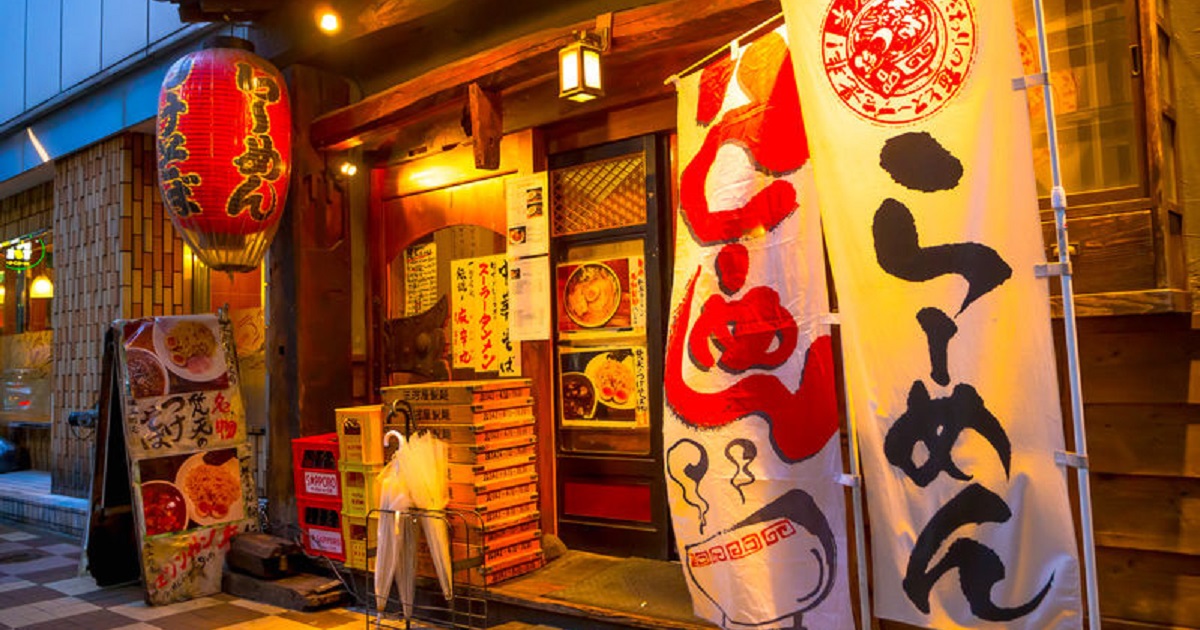
by Noriyuki Morimoto
In the airline industry, regulatory reforms triggered an intense price competition, which resulted in the expansion and development of the whole industry, as well as a significantly higher rate of companies failing due to the exhaustive competition. Following financial logic, given the extreme difficulty to invest in or lend money to a company with a high risk of bankruptcy, aircraft operating leases became popular as a way to lend equipment instead of money.
With an operating lease, even if the lessee goes bankrupt, the lease payments will be prioritized as long as the airline keeps operating, and even if operation is discontinued in a worst-case scenario, the aircraft can simply be recovered and leased to another company. Thus, most of the world’s aircraft are now owned by large financial institutions. Through leasing schemes, the system was essentially transformed to one that invests in the industry as a whole rather than in individual companies.
Similarly, in the ramen industry, where competition is too fierce and the probability of bankruptcy is too high for financial services, it should be possible to change the structure to invest in the industry as a whole through leasing kitchen equipment and stores.
Many ramen stores go out of business in a short period of time because the rent for the store weighs heavily as a fixed cost. Therefore, if rents could be linked to business performance and made a variable cost, some stores would be able to take business efforts for a longer period of time and, in the process, gain a foothold to success. However, if stores with poor business performance have their rents kept low, that would be disadvantageous to the lender, and if successful stores have to pay higher rents, they would try to avoid such unfavorable contracts by moving out. This means that the real estate business would not be interesting at all.
Therefore, it is necessary to be creative in various ways. An example might be to secure a building that exclusively houses ramen stores, or to dedicate an entire floor of a large building to ramen stores to attract customers and average sales. In addition, a system could be introduced to periodically replace ramen stores based on a certain standard of business performance.
The idea of investing in a ramen restaurant as a joint stock company is now outdated.
[Category /Deconstruction of Finance]

Chief Executive Officer, HC Asset Management Co.,Ltd. Noriyuki Morimoto founded HC Asset Management in November 2002. As a pioneer investment consultant in Japan, he established the investment consulting business of Watson Wyatt K.K. (now Willis Towers Watson) in 1990.

